Op-Ed: I am tired of my people being the punchline
Photo credit: Wikimedia Commons, licensed for reuse
Liberation Day May 5, 1945: my great grandma (woman with white circle around her face) and other prisoners were given new boots and clothes after being freed from Mauthausen by the Americans. My great-grandma later moved to the United States, settling in Brooklyn, New York.
I am angry. I am fed-up. I am offended. But most of all, I am exhausted. I am tired of being called sensitive when I tell non-Jewish people that Holocaust jokes aren’t comical. I am tired of being told that I don’t know how to “take a joke” when I explain that Jewish people being eradicated on the premise of their beliefs and identity shouldn’t be funny.
I am tired of my people being the punchline.
6,273,676 million. 6,273,676 million Jewish lives not lost but taken in the Holocaust. A part of that number, 1,100,000 million, were Jewish children. A part of that number was my great-grandpa and great-grandma (she was only 14 when she was taken to camp) who had the most unlikely outcome of their lives: survival.
So I ask if these people are a joke to you? Do the corners of your lips start to curl upward as you read those numbers? Are you holding in a laugh as your eyes merely scan over how many innocent Jews were killed? Do you find yourself trying to sustain a straight face and keep your giggles in? Well….do you?
I have seen a lot of people, especially in my own generation, justify their harmful statements about Jewish people by claiming it is dark humor (dictionary-wise known as Black Humor) in conjunction with the classic one-liner claiming that I am honestly just “sensitive.” Despite dark humor being deemed a “coping mechanism” for many, looping in the Holocaust and hurtful stereotypes about Jewish people isn’t funny and quite frankly, 100% of the time, is simply hurtful.
When I was just shy of 13 years old, I asked my grandfather about what the Holocaust was. He looked at me seriously and began to explain in simple words that the Holocaust was not only a word you might learn in a history class, it was part of our family history. Tears rapidly streamed down my cheeks as I heard about the absolutely gruesome murders of my own people, but also my own family. The barbarities, the pain, the suffering, all within my own bloodline. As an almost 13-year-old, I couldn’t even conceptualize what I had just heard. The only thing to describe my feelings was a mix of two words: shock and grief. After my grandpa finished telling me about his parent’s story, we looked at old photos of them. The first thing I spotted was my great-grandpa’s tattoo. The black ink contrasting with his skin, permanently plastered on his arm. “Why?” I asked my grandpa as I scanned over the photos. Responding with one word he said: “hate.”
A joke is making something lighthearted. But in case no one told you, making genocide lighthearted is not acceptable and simply shouldn’t be done. A plethora of Holocaust jokes circle the internet, a common one, for example was “How do you fit nine Jews in one car? You put three in the back, one in the front and five in the ashtray.”
Not only can I just not wrap my head around how people find these jokes funny, but it baffles me that people even take extra steps to post or create them in the first place.
My great-grandparents didn’t get tortured for this. My great-grandparents didn’t come so close to death for this.
I implore every single one of you to go beyond just awareness. Condemn these jokes. Hold people accountable. Don’t let it slide because it is Jews that people are joking about. Include Jews in your activism. And finally, celebrate May, Jewish Heritage Month, with my family’s story and my people’s story in mind.
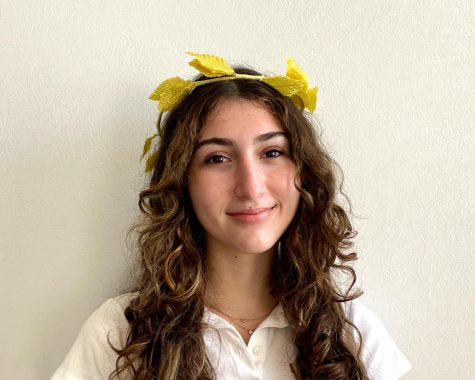
Chloe Fidler joined the Oracle as a staff reporter in 2019, became the Voices Editor in 2020 and continued that role through her senior year. Passionate...




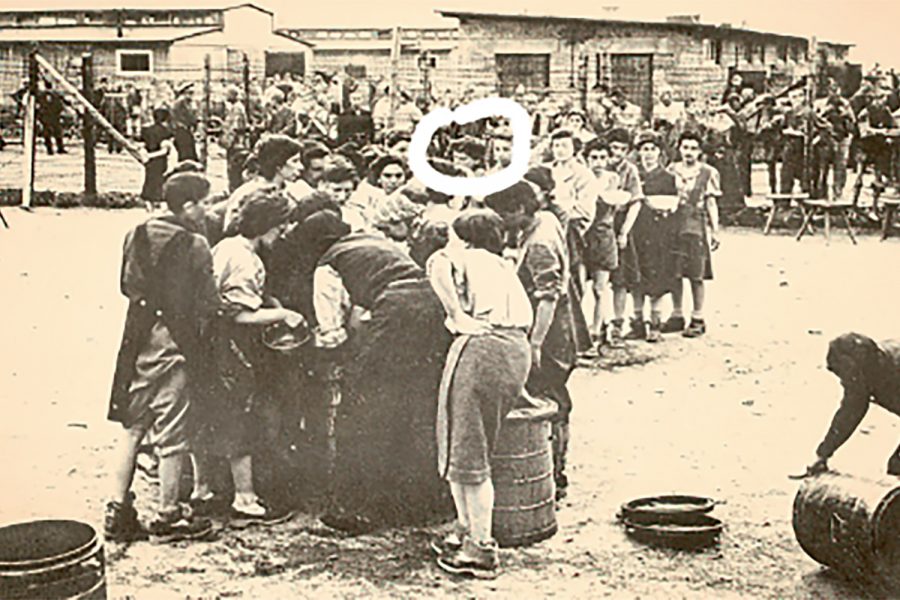
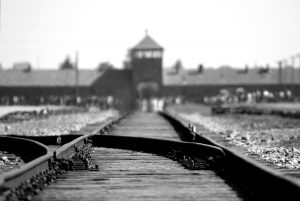
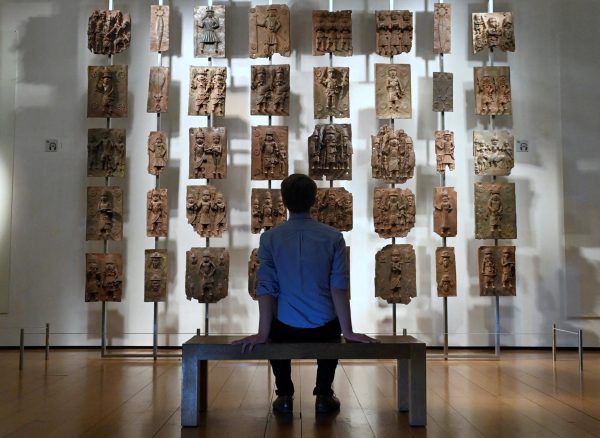
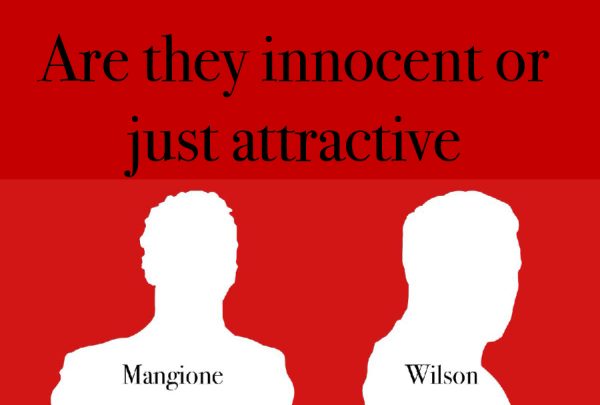


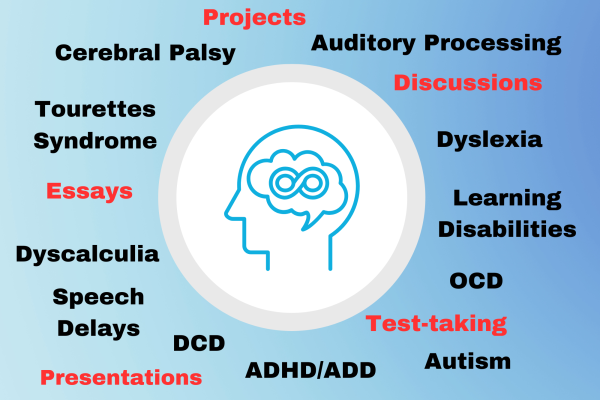

Viv • May 27, 2021 at 9:08 am
“I am tired of my people being the punchline.” I haven’t been able to put this into words and you did it so beautifully.
Elodie • May 14, 2021 at 10:43 pm
So powerful and well written. Couldn’t be prouder.
Lisa L • May 14, 2021 at 6:05 pm
Chloe – I am so very proud of you for writing this article: For your bravery in speaking out: For your heart in honoring your Great Grand parents and all your family: For your intelligence in realizing how easily, flippantly, dangerously, quickly, monumental subjects are tackled on line without full comprehension of those subjects. Continue to lead the way as a voice for truth and integrity – in person and especially on social media. Your family must be glowing with pride.